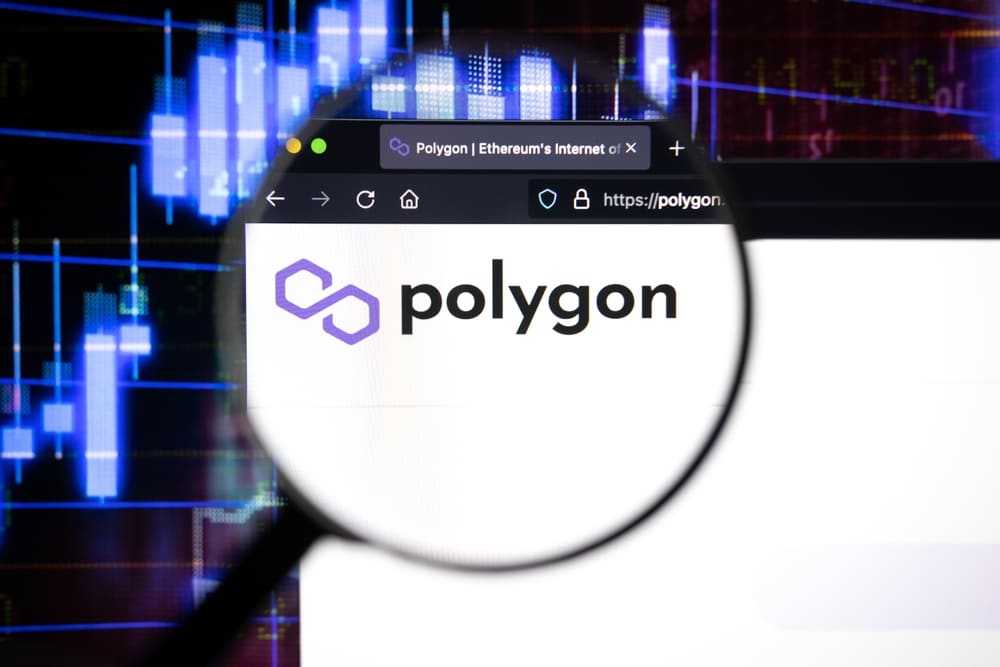Yesterday, Polygon completed its most-anticipated hard fork that many developers believe will improve transaction speeds and reduce gas fee spikes. Some crypto advocates have hailed the upgrade, while others have questioned Polygon’s commitment to decentralization.
Last December, Polygon’s leadership presented a proposal to the network’s community detailing its plans for a hard fork. In crypto, a hard fork is an event where the majority of blockchain’s validators approve the creation of a new blockchain.
What Polygon Leadership Expects to Achieve With the Hard Fork
In most cases, hard forks are meant to make significant adjustments to the original network’s mechanisms. As for Polygon, its leadership proposed a hard fork to shorten the on-chain transactions’ sprint length. This move would minimize the occurrence of ‘chain reorgs’ and reduce transaction times.
Chain reorgs are hazardous events that involve several validators disagreeing about a blockchain’s transaction history. Moreover, Polygon’s leadership said it would use the hard fork to double the chain’s ‘BaseFeeChangeDenominator’ to reduce the regular gas fee spikes witnessed on the network.
The hard fork proposal prompted a hot debate among the network’s community members. Some pressed for deeper details as to why the changes were necessary, while others criticized the leadership for not prioritizing more important adjustments that wouldn’t need a hard fork.
Who Approved Hard Fork Plans?
Following the mixed reception, Polygon leadership resorted to putting the proposal to a vote. However, not every community member had a say, as only 100 validators of the network were eligible to vote. Nonetheless, just 15 of the 100 validators participated in the voting process.
A total of 13 validators voted to approve the hard fork plans. Recent reports, however, suggest that most Polygon validators have not signed up with the platform where the network conducts its polls. Therefore, there is a probability that a good number of validators were not aware of the vote.
Meanwhile, Polygon says that 98% of the validators have already updated their clients, thus putting the network’s hard fork into effect. So now it means only 13 individuals determined the Polygon’s future. Because of that, many have labeled the network’s governing process as overly centralized and undemocratic.
At Tokenhell, we help over 5,000 crypto companies amplify their content reach—and you can join them! For inquiries, reach out to us at info@tokenhell.com. Please remember, cryptocurrencies are highly volatile assets. Always conduct thorough research before making any investment decisions. Some content on this website, including posts under Crypto Cable, Sponsored Articles, and Press Releases, is provided by guest contributors or paid sponsors. The views expressed in these posts do not necessarily represent the opinions of Tokenhell. We are not responsible for the accuracy, quality, or reliability of any third-party content, advertisements, products, or banners featured on this site. For more details, please review our full terms and conditions / disclaimer.



